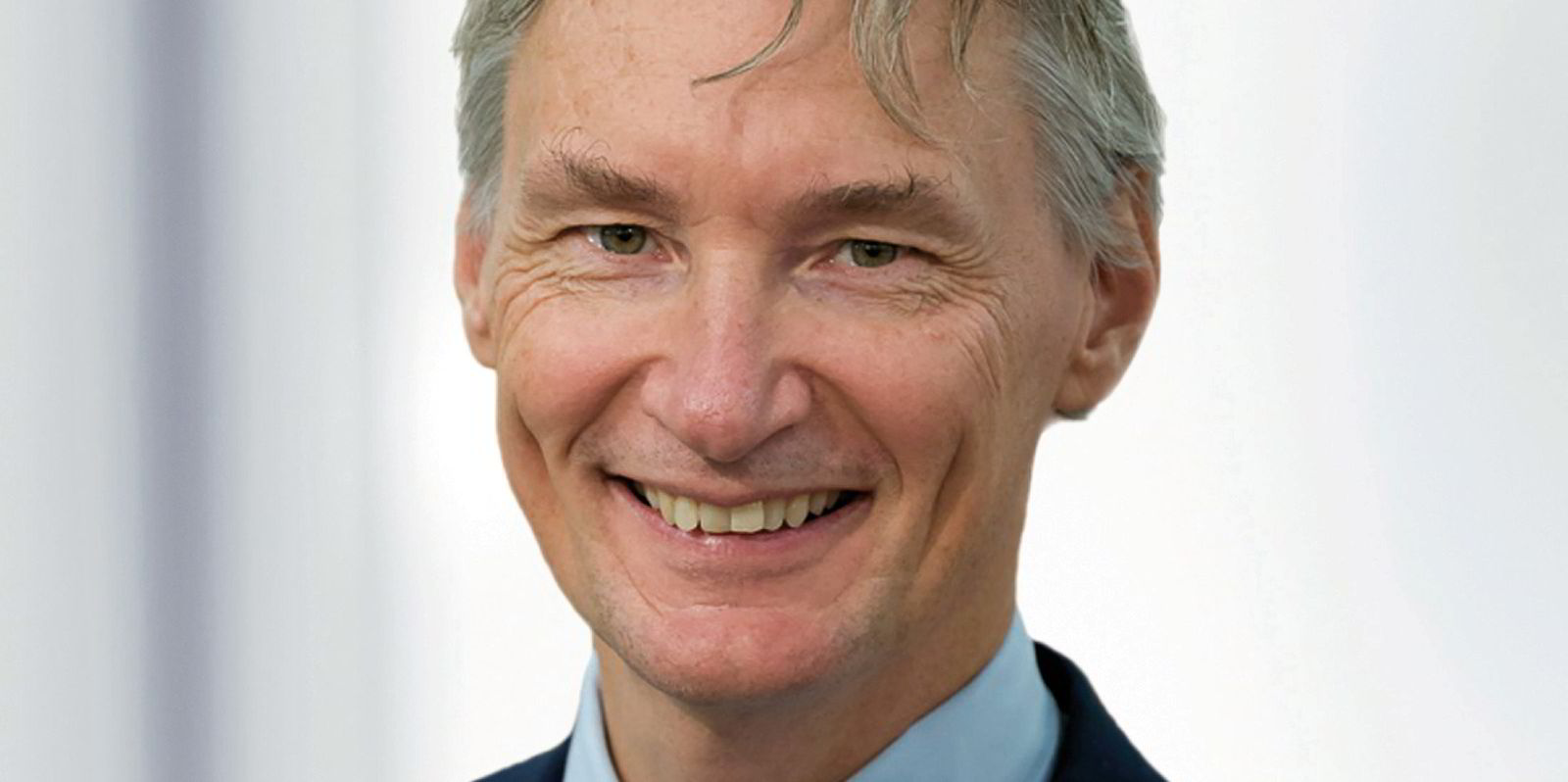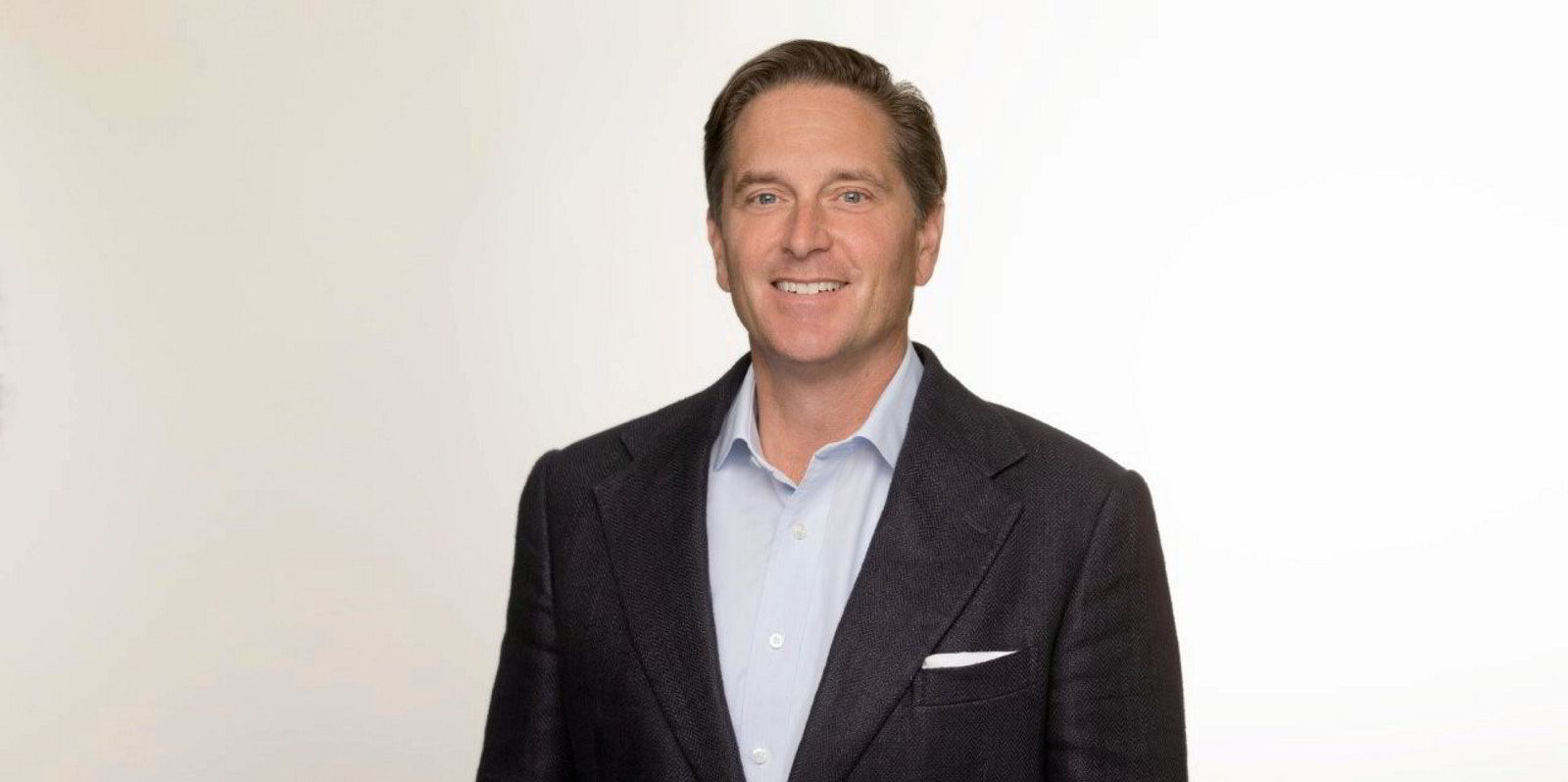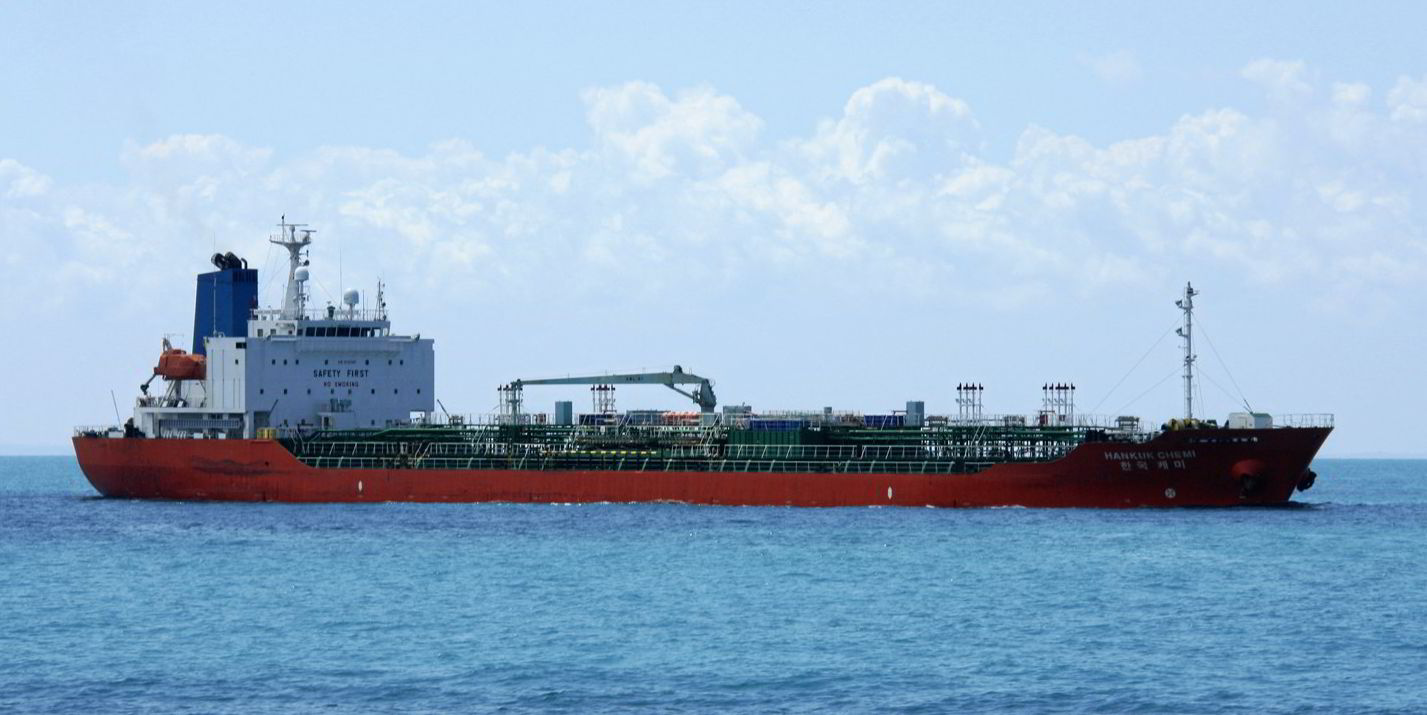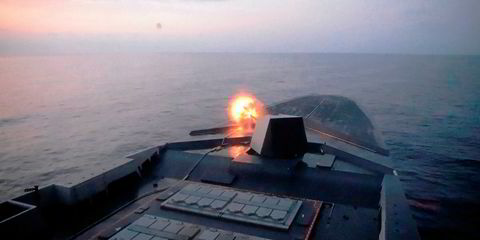Stolt Tankers fears the European Union's Emissions Trading System (ETS) will hit its complex chemical tankers more than some other vessel types.
At the current carbon trading price of $60 per tonne, Stolt Tankers could face extra costs of $25m per year, the Netherlands-based company's president Lucas Vos told analysts on a conference call.
Vos called this is "a lot of money".
Subject to approval by the European parliament and EU member states' national governments, the ETS is to apply to shipping from January 2023.
"The way it stands right now, it [the ETS] could penalise the chemical tanker business more than some of the other shipping companies because we use some of the fuel as well for the complicated ships that we have," Vos said.
"It's not only the propulsion... we use it clearly also to operate the complex machinery that we have," he added.
Discussions begin
The company is starting talks with customers to see how all parties can absorb these costs together, the president revealed.
Stolt Tankers is already putting clauses relating to CO2 taxation into its contracts.
"The expectation is that it's not only going to be Europe, but that the US will follow and China will follow," Vos said.
"And so, yes, this will lead to a good dialogue that we need to have within the industry and certainly with our customers," he added.
In separate news, Vos said the company has scrapped the 36,800-dwt chemical tanker Stolt Selje (built 1993) in India, adding that "relatively high" demolition prices helped Stolt Tankers realise a $3.6m gain from the transaction.
VesselsValue rated the ship as worth $6.8m for recycling.
The chemical sector is seeing increased scrapping, which is a good sign for supply and demand in 2022, Vos added.
"The big thing that is hampering our performance right now... is higher bunker costs," Vos said.
Cutting fuel use
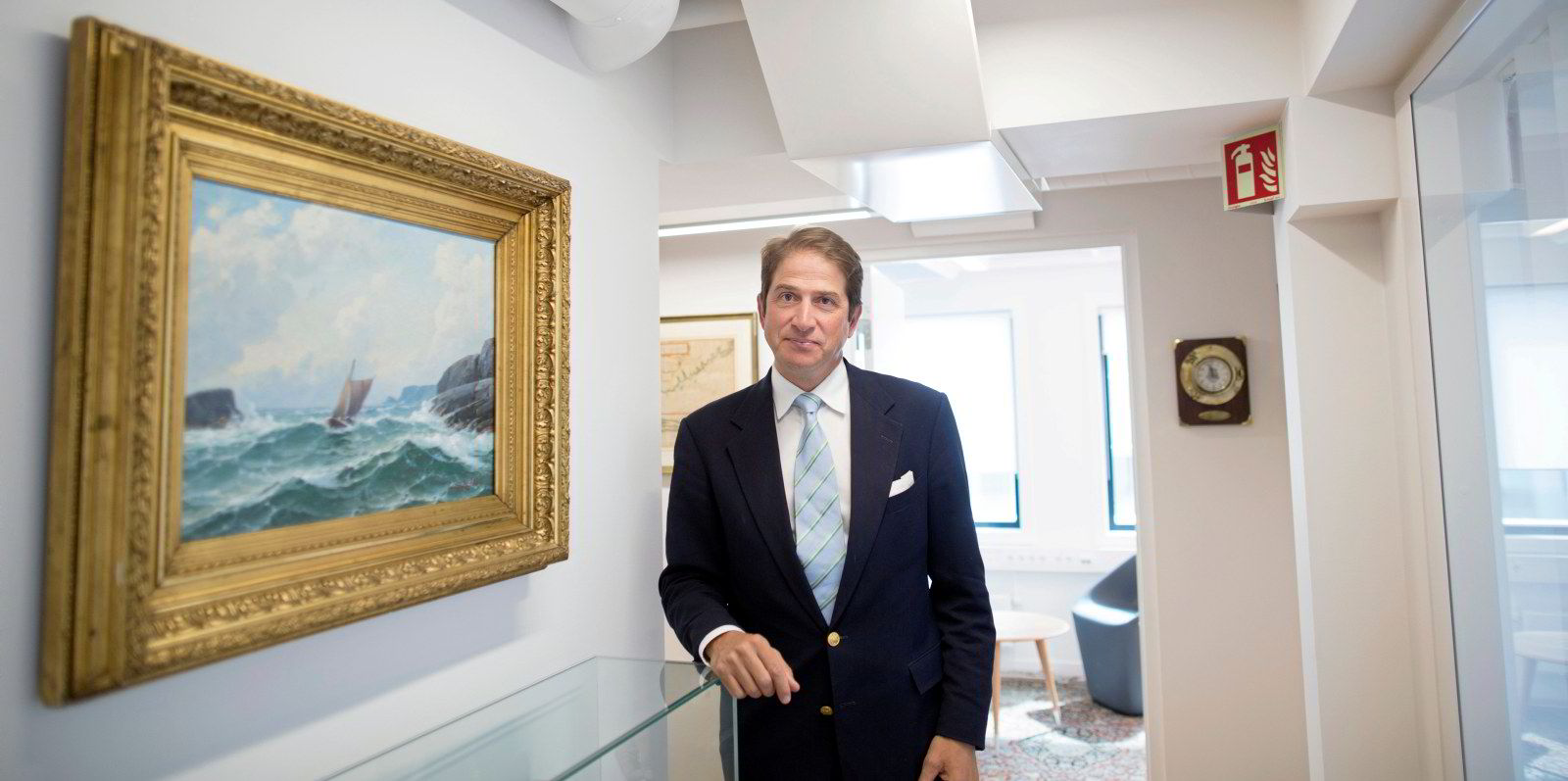
About two-thirds of Stolt Tankers' exposure is covered by bunker clauses, but the company is also taking measures to cut fuel consumption, primarily by centralising operations and taking tight control of routes.
Stolt Tankers also focuses on the trim of its vessels and the average speed of the fleet. This has resulted in bunker use dropping between 6% and 10%, Vos said.
The executive believes the company is well-positioned for next year.
"Supply and demand is still in our favour," he said.
Driven by the need to ship more oil products due to low storage levels, clean MR tankers will go back to doing "what they're supposed to do" rather than muscling in on chemical trades, Vos said.
Stolt-Nielsen chief executive Niels Stolt-Nielsen said that an improvement in markets is "just a matter of time".
The company's third-quarter net profit in the three months to 31 August was $33.5m, up from $29.2m a year ago, with revenue climbing to $580.9m from $474m.
The profit was mainly due to very strong performances and market conditions at Stolt Tank Containers and fish business Stolt Sea Farm, said Stolt-Nielsen.
